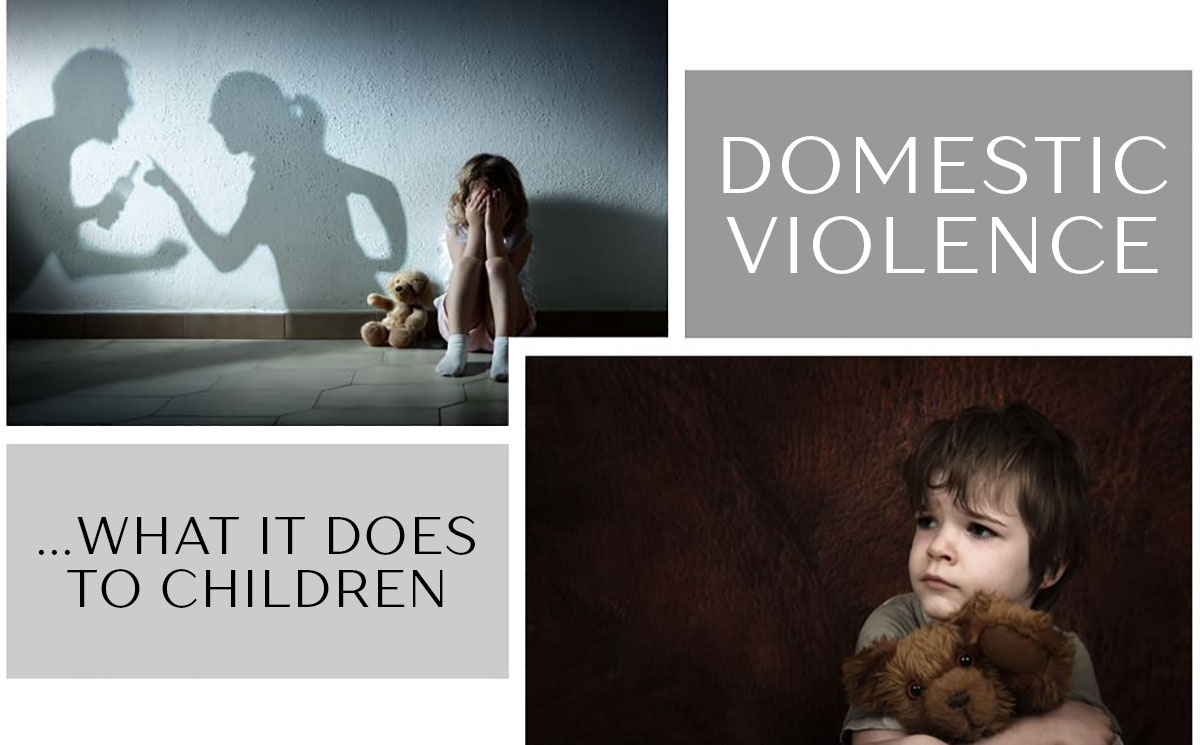Please join us in increasing awareness this month for Domestic Violence Awareness Month


Numerous studies have shown that children are often the unintended victims of intimate-partner violence in the home. There is a 45% to 60% chance of co-occurring child abuse in homes where children are exposed to violence between intimate partners. This rate is 15 times higher than the average among children who are victims of child abuse. [1] Repeated exposure to domestic violence can have lasting consequences that leave children with a host of extra baggage to carry, taking an extraordinary toll on their lives. These children often experience an array of side effects, including, but not limited to, fear of harm or abandonment, excessive worry or sadness, emotional distancing, shame, the inability to feel empathy, difficulty maintaining relationships, low self-esteem, destructive behavior, depression, suicidal tendencies, bed-wetting, and aggression. [2] [3]
A lack of empathy for others is frequently at the core of those who bully, destroy property, and commit animal cruelty.
The effects of domestic violence on the young, formative minds of children “makes them susceptible to post-traumatic stress disorder (PTSD) which can result in anatomical and physiological alterations in their brain structure, with subsequent personal and social consequences.” PTSD is a serious condition with multiple symptoms, “that are generally grouped into four types: intrusive memories, avoidance, negative changes in thinking and mood, and changes in physical and emotional reactions.”[3] While space prohibits us from exploring in detail the psychological issues associated within each of these areas, they are very much worth exploring. Symptoms of PTSD can make daily life extra burdensome for anyone, especially for young children who are faced with the daily challenges of school work and fitting in with peers. Rather than being carefree and enjoying childhood, many of them are terrified about what may happen next. Sadly, domestic violence is often cyclic, carried from one generation to the next. One study found that up to 40% of chronically violent teenagers have been exposed to extreme violence. [4]
Because there is a component of shame, and a fear of reprisal, associated with domestic violence, its victims often suffer in the shadows, forced to deal with the emotional turmoil on their own, children being the most helpless of all. The Domestic Violence Awareness Campaign provides a platform to bring this tragic issue out of the shadows and into the light. By discussing and sharing information we may very well lead someone, perhaps a child, out of the darkness and into the light.
The National Domestic Violence HOTLINE:


1-800-799-7233 | 1-800-787-3224 (TTY) En Espanol
[1] [2] https://www.psychologytoday.com/us/blog/progress-notes/201902/alarming-effects-childrens-exposure-domestic-violence
[3] https://www.mayoclinic.org/diseases-conditions/post-traumatic-stress-disorder/symptoms-causes/syc-20355967 [4] https://www.unicef.org/protection/files/BehindClosedDoors.pdf


